ROUNDUP: Our Critic’s Top 5 of 2018
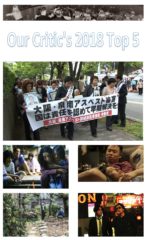
Japanese Films Go Abroad
This has been a significant year for Japanese cinema, particularly in terms of reaffirming its quality with international audiences: Asako I & II’s entry into Cannes’ main competition, Hirokazu Kore-eda’s long-awaited Palme d’Or for Shoplifters, and the unlikely global hit One Cut of the Dead, a tiny independent film that has earned back 1,000 times its budget in Japan alone. Also worth noting are the successful results of international co-productions by female filmmakers Atsuko Hirayanagi and Hikaru Toda, who directed Oh Lucy! and Of Love & Law, respectively.
These are my Top 5 films in this highly competitive year.
5: The Blood of Wolves
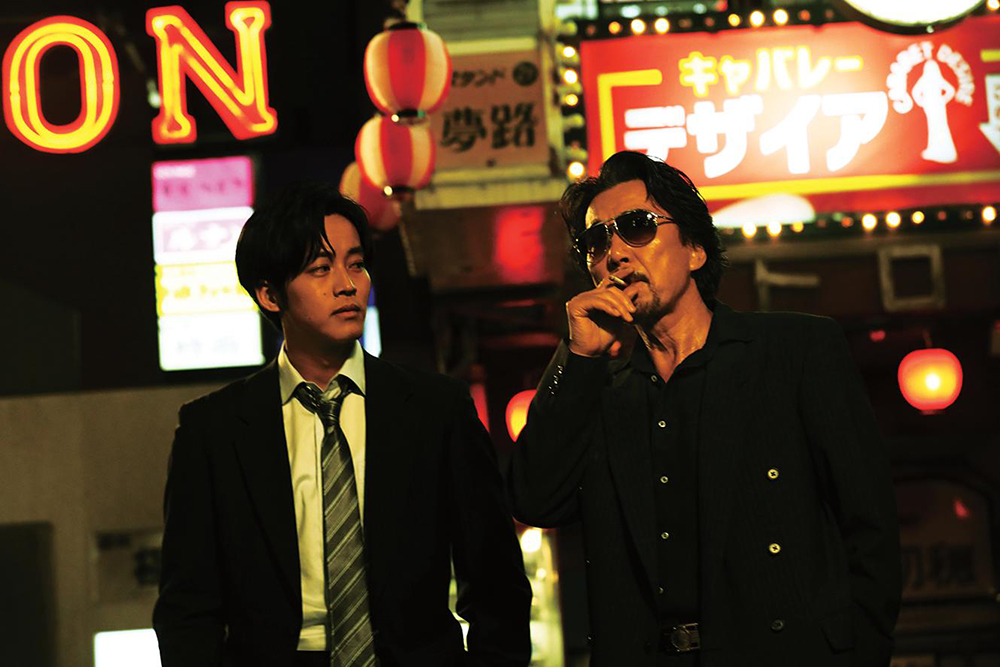
If you are a die-hard fan of the yakuza genre, with gonzo, blood-splashing stuff galore, you’ll love The Blood of Wolves. Reviving Kinji Fukasaku’s 1970s series Battles without Honor and Humanity, the film is a modern, nostalgic revisiting of Toei’s tradition of jitsuroku eiga (actual record films) and introduces a number of iconic characters and narrative twists. Increasingly popular director Kazuya Shiraishi, whose Dare to Stop Us also received critical acclaim in 2018, is capable of taking the genre to the extreme with strong visual expression, drawing out a stunning performance from Koji Yakusho, who plays an unconventionally violent detective who deals with the Japanese underground.
4: Sweating the Small Stuff
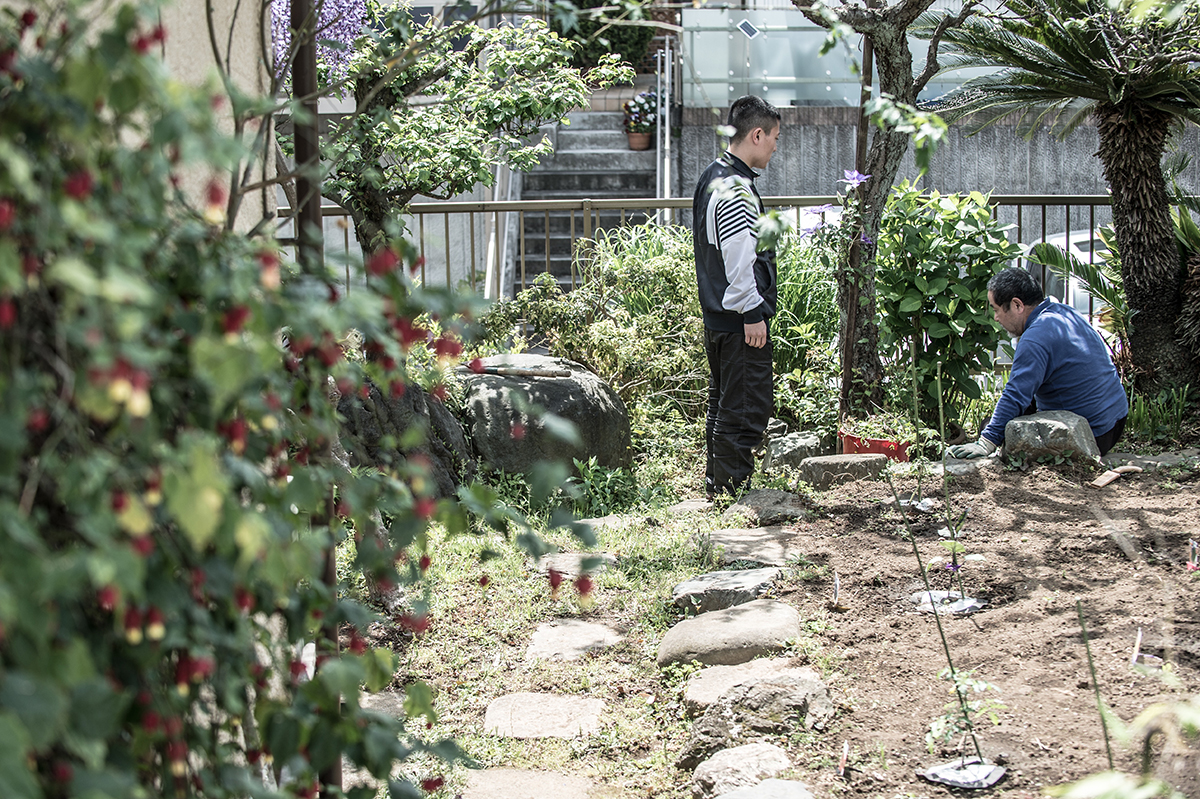
Among Japanese independent films released in 2018, Sweating the Small Stuff stands out for its honesty and poignancy. Directed by up-and-coming filmmaker Ryutaro Ninomiya, his second feature revolves around a silent blue-collar worker (played by the director) who visits his dying surrogate mother. Quiet but highly emotional, the film is an intriguing character study about accepting death and loneliness. Ninomiya stages a number of powerful scenes with one long take, establishing himself as one of the most promising talents in the Japanese independent world.
3: Of Love & Law
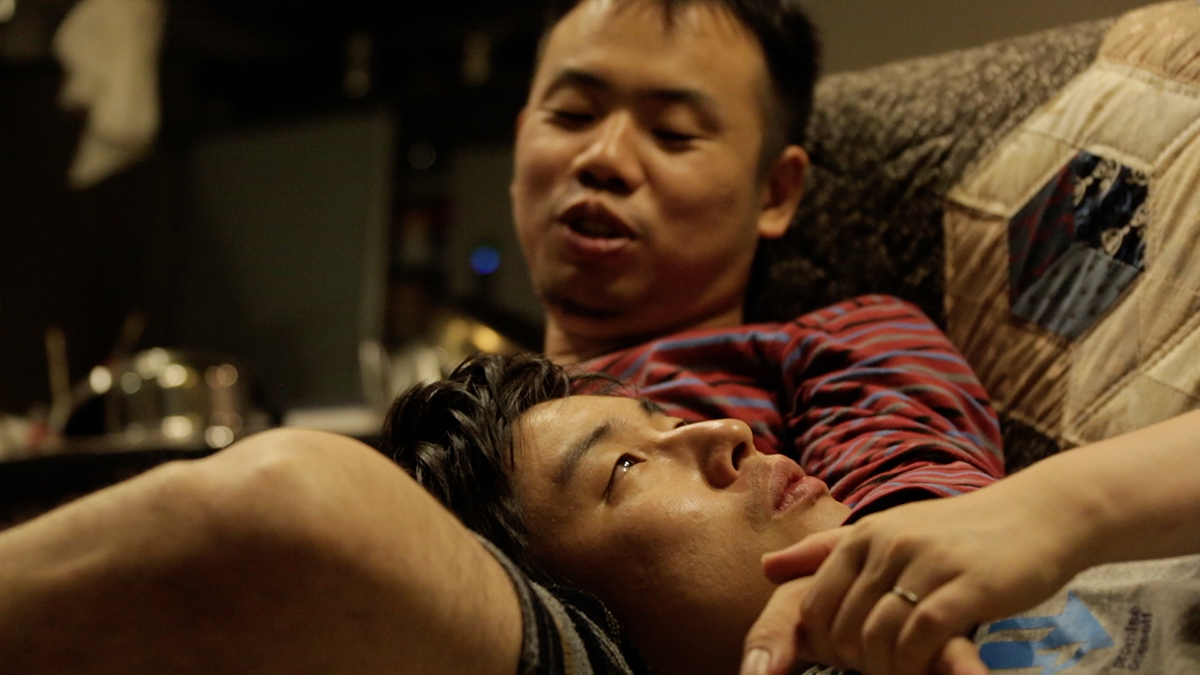
Of Love & Law, the solo-directorial debut of Hikaru Toda, is a critical documentary about Japanese society, viewed through the lens of gay lawyers in Osaka. The film delves into such significant but socially ignored topics as the policing of “vulgarity” in art and the refusal to grant citizenship to certain Japanese, exposing the country’s systematic indifference to those who deviate from the mainstream. Co-produced by Japan, the UK and France, Of Love & Law unveils Japan’s domestic issues for international audiences, becoming one of the most important documentaries of 2018.
2: Shoplifters
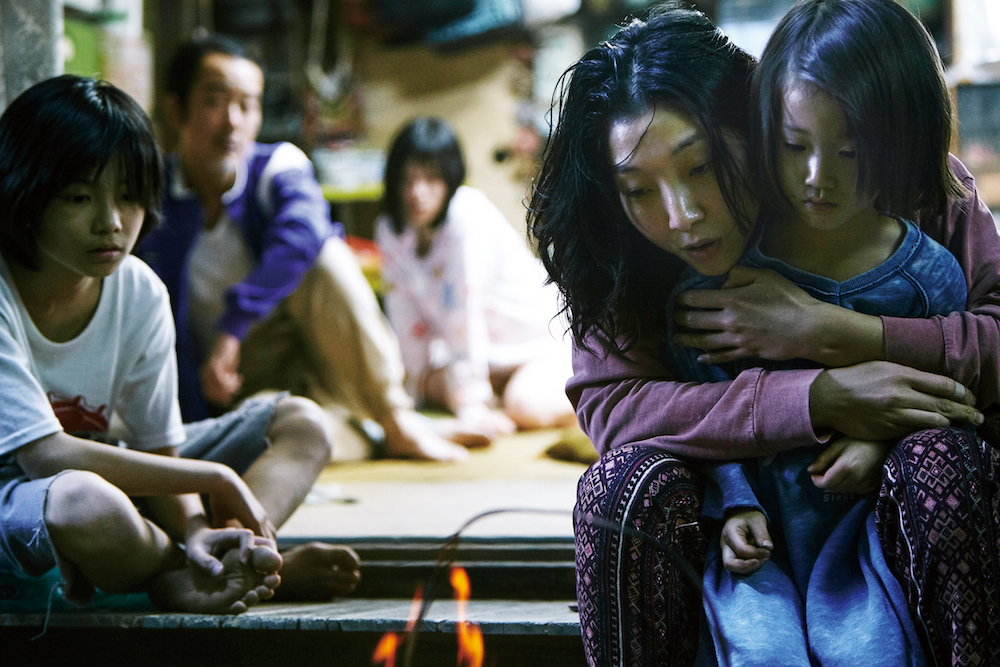
Hirokazu Kore-eda has been the most celebrated Japanese auteur, but Shoplifters finally made him a Palme d’Or winner. After the courtroom drama The Third Murder, the director goes back to the familiar territory of family drama, but the latest effort is the culmination of his previous works. Inspired by true events, Kore-eda questions what family is through a sincere depiction of a blue-collar surrogate family whose bonds may be stronger than those of the biologically-related. Shopliftersis also a celebration of stunning ensemble performances, by Lily Franky, Sakura Ando and especially Kirin Kiki, a national treasure who passed away in 2018.
1: Sennan Asbestos Disaster
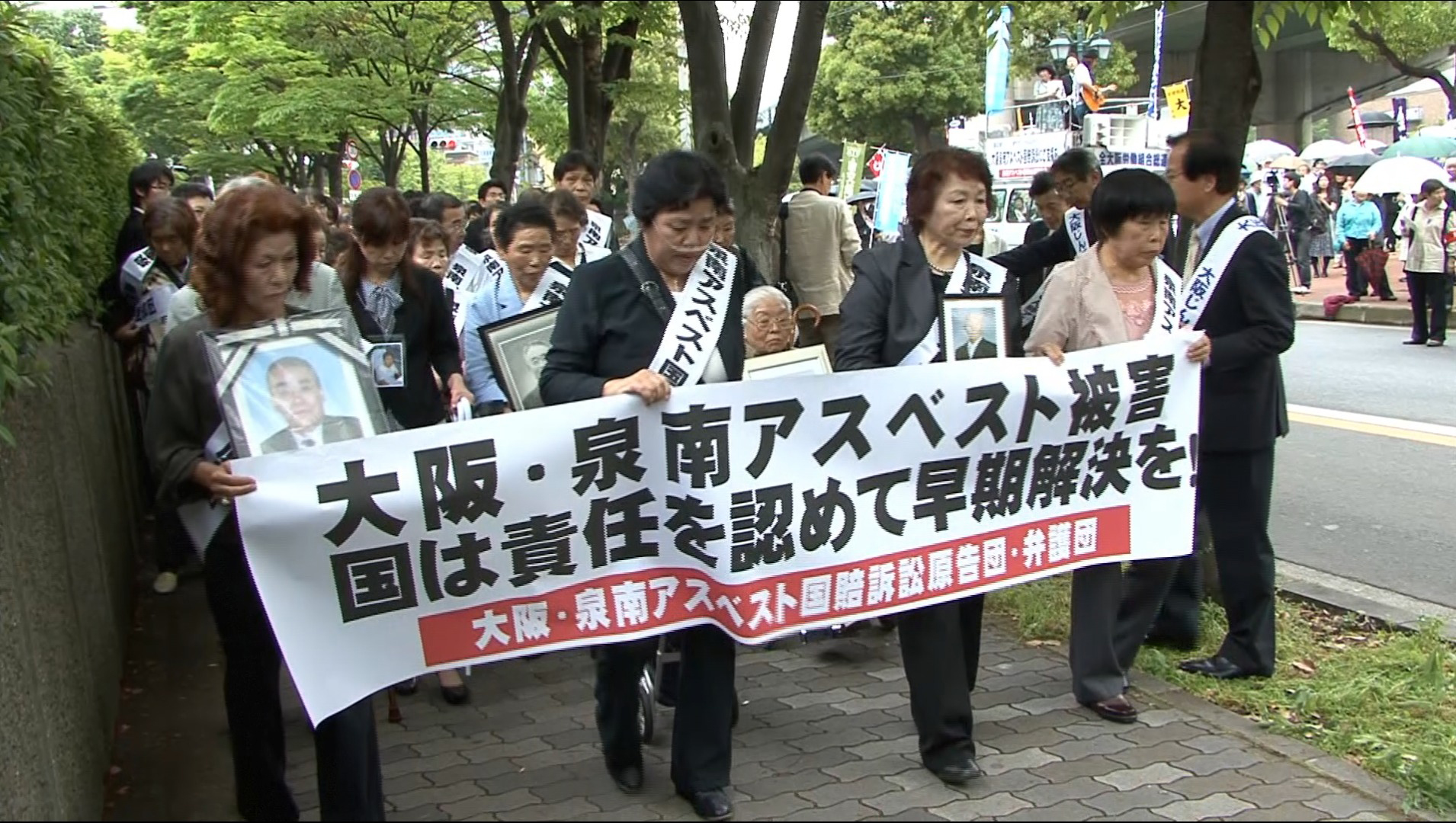
Controversial documentarian Kazuo Hara came back at the right moment, with the right film. His first feature in more than 10 years, Sennan Asbestos Disaster is a 3-hour-and-a-half tour-de-force film about asbestos victims from Ishiwata village in the Sennan area of Osaka. The film patiently examines their personal and legal struggles, and the Japanese system’s hostility and irresponsibility towards the victims, and Hara depicts the surrealistic battles as a Kafkaesque farce. When both domestic and international politics are collapsing, Hara’s anger resonates with other political issues in the world and reminds viewers of the significance of seeing through — and fighting against — the hypocrisy of authorities.
By Kenta Kato
Kenta Kato is a Tokyo-based writer, film critic and festival programmer, currently in the UK conducting research toward his PhD in Film at Waseda University.
